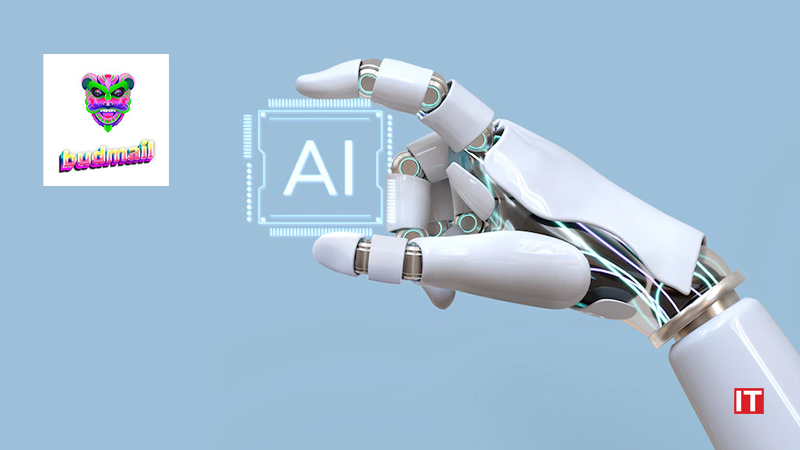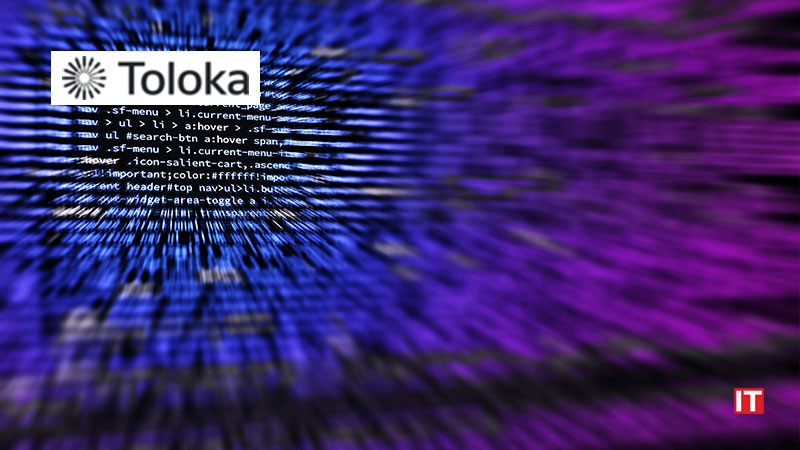Saiph Savage, professor and civic AI researcher, was recently recognized for her research project titled “AI For Good: Framework to Empower Digital Workers”, in collaboration with Toloka, a leading AI data labeling solution that helps organizations develop their AI offerings. The project was named the most impactful on the IRCAI Global Top 100 – a list of the top 100 AI projects helping to solve problems related to the United Nations’ 17 sustainable development goals (SDGs) from all around the world. The IRCAI’s unprecedented program, backed by UNESCO (The United Nations Educational, Scientific, and Cultural Organization) aims to build peace through international cooperation in education, sciences and culture.
Also Read: RingCentral Announces Innovations to Make Hybrid Work Simple
Savage’s research was conducted with Northeastern University, the National Autonomous University of Mexico (UNAM), and Toloka, and together they were able to help hundreds of digital workers, in the U.S. and Mexico, increase their wages, facilitate skill development, and create fairer digital workspaces. Through interviews and surveys with these digital workers, the research team was able to identify that the workers faced a number of unfair evaluations by employers that resulted in loss of wages and termination. Based on these findings, the team was able to design an intelligent system that utilizes deep learning to detect when a worker receives an unfair review from an employer – recommending learning tasks to help reinforce and develop specific skills needed to perform the job properly.
“I am honored that the project was selected as the most impactful AI-based research in the Decent Work and Economic Growth category,” states Saiph Savage, Assistant Professor and Director of the Civic AI Lab in the Khoury College of Computer Sciences at Northeastern University. “Crowd workers are powering the AI industry, and these jobs are essential to support real-world deployment of intelligent systems. We now have measurable tools that can impact digital workers’ lives by improving labor conditions and driving positive social change to foster creativity and entrepreneurship.”
Toloka helps generate machine learning data at scale by harnessing the wisdom of the crowd and strongly supports researchers around the world with their grants. In 2021, more than 20 research groups and laboratories from various spheres – from machine learning to data science – received access to high-quality data with the help of Toloka’s platform.
“Our collaboration with Saiph and her ‘AI For Good Framework’ research was truly an eye-opening experience which provides validation that we can achieve Responsible AI by focusing on data driven research. By working together we were able to make the challenges visible to the AI community to better address people’s needs, especially groups that have traditionally been excluded,” says Olga Megorskaya, CEO and founder of Toloka. “I’m thrilled that I was able to present with Saiph at the VentureBeat Data Summit on March 9th where we addressed how in collaboration with researchers at laboratories like the Civic AI Lab at the Khoury College of Computer Sciences at Northeastern University, where Saiph works, we develop tools to assist in detecting biases in datasets and tools that provide rapid feedback about issues that come up related to labeling projects that could impact the client company’s interfaces, project or tools.”
About Saiph Savage
Saiph Savage is an Assistant Professor at Northeastern University in the Khoury College of Computer Sciences, where she directs the Northeastern Civic A.I. Lab, she also collaborates with the National Autonomous University of Mexico (UNAM).

































